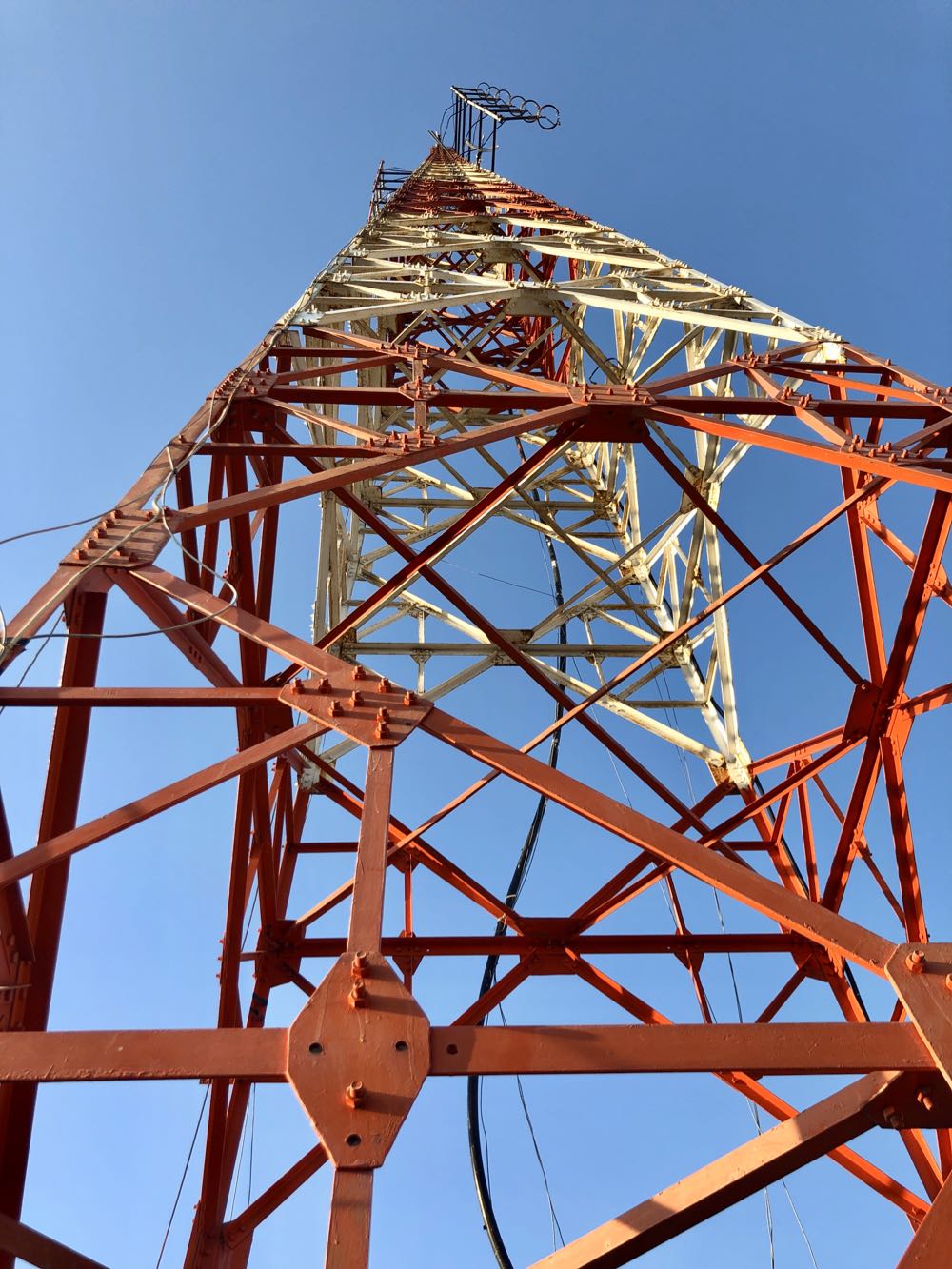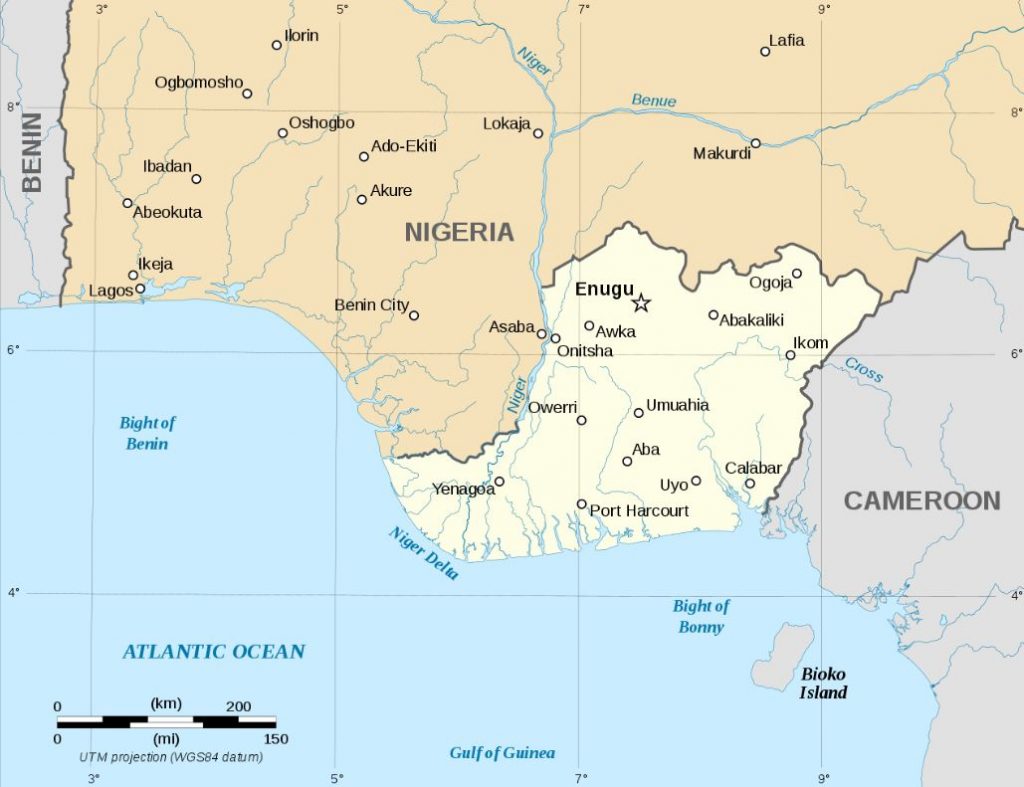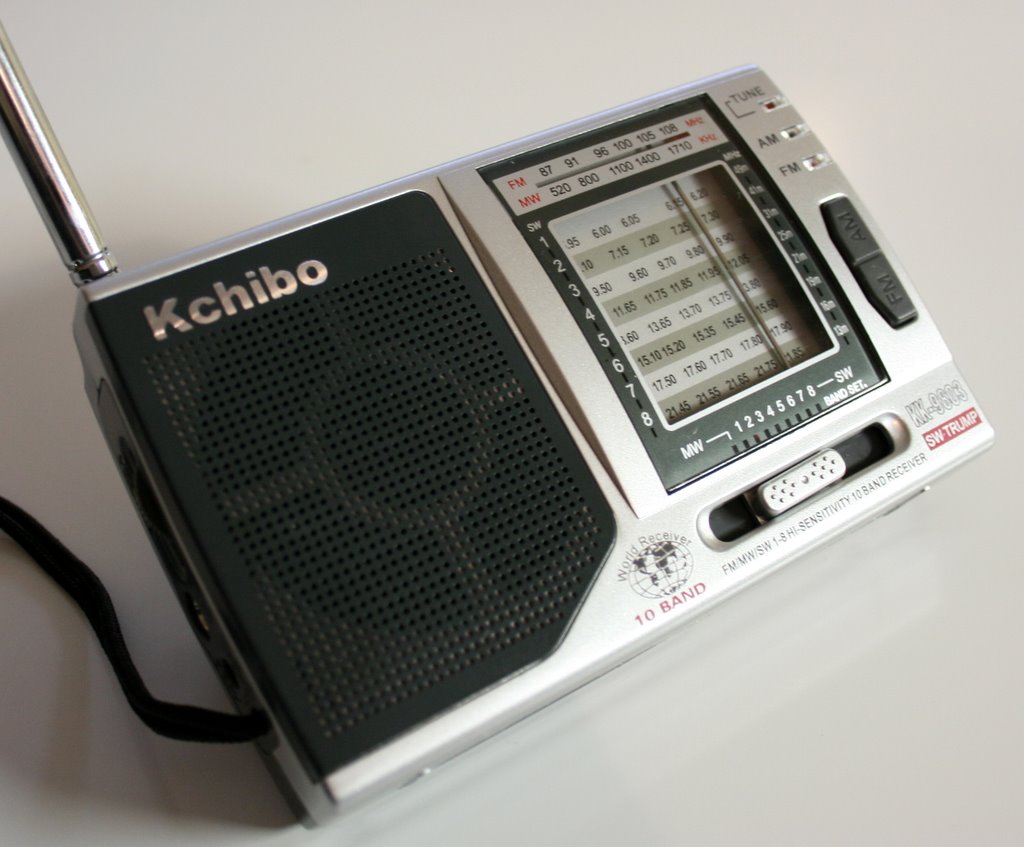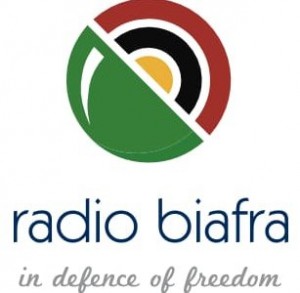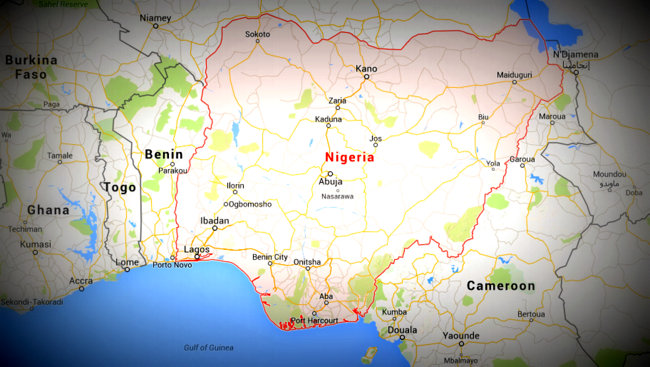Radio Waves: Stories Making Waves in the World of Radio
Welcome to the SWLing Post’s Radio Waves, a collection of links to interesting stories making waves in the world of radio. Enjoy!
Many thanks to SWLing Post contributors Dan Robinson, William Pietschman, NT, and Tracy Wood for the following tips:
Walkie talkie made by Chinese firm link militants across groups (Hindustan Times)
Baofeng walkie talkie sets are common among Maoists, insurgent groups, and anti-military forces in India and Myanmar, aiding communication in remote areas.
Made by China’s Fujian Baofeng Electronics Co., huge numbers of these walkie talkie sets have been seized wherever there is insurgency. They are inexpensive, hardy, easy to use, and have a range of 5 km, which can be extended to 10 with an easy hack. [Continue reading…]
Commander 1 Brigade Nigerian Army Donates Baofeng Radios To Civilian Joint Task Force In Zamfara State (EONS Intelligence)
The Commander, 1 Brigade Nigerian Army, Gusau, Brigadier General Sani Ahmed donated 100 sets of BAOFENG Communication Radios (Walkie-Talkies) to members of the Civilian Joint Task Force (CJTF) in a brief ceremony at Headquarters, 1 Brigade Gusau Zamfara State
In his remarks, the Brigade Commander, Brigadier General Sani Ahmed said the donation of the Baofeng Radios is part of his Corporate Social Responsibilities to the host communities and to enhance the operational capacity of the Civilian Joint Task Force (CJTF) in the state. He added that this will aid the CJTF to carry out their responsibilities in securing lives and property in their respective communities effectively. [Continue reading…]
Electric ‘Ripples’ in the Resting Brain Tag Memories for Storage (Quanta Magazine)
[Note: this is not a radio article, but mentions a connection to ham radio.]
György Buzsáki first started tinkering with waves when he was in high school. In his childhood home in Hungary, he built a radio receiver, tuned it to various electromagnetic frequencies and used a radio transmitter to chat with strangers from the Faroe Islands to Jordan.
He remembers some of these conversations from his “ham radio” days better than others, just as you remember only some experiences from your past. Now, as a professor of neuroscience at New York University, Buzsáki has moved on from radio waves to brain waves to ask: How does the brain decide what to remember? [Continue reading…]
Radio Sunshine – Niue (Now streaming)
SWLing Post Tracy Wood writes with the following note:
The Internet audio stream for Niue’s Radio Sunshine now appears to be active, albeit not 24×7. The station operates locally on FM but formerly was a top AM DX target.
Niue is a self-governing dependency of New Zealand.
On the technical side, the audio stream URL unfortunately appears to be somewhat dynamic as it’s using a “radioplayer” Javascript. The player (and stream) can be found at the tvniue.com homepage, the official radio/TV corporation of the island.
Fans of Oceania radio can add this one to other area countries that stream such as Nauru, Kiribati, and Samoa.
Do you enjoy the SWLing Post?
Please consider supporting us via Patreon or our Coffee Fund!
Your support makes articles like this one possible. Thank you!

